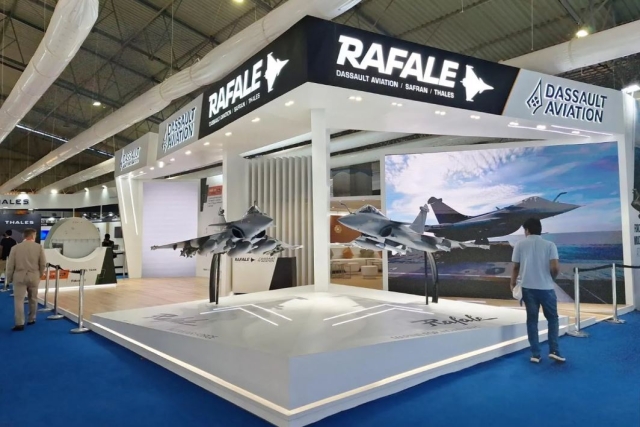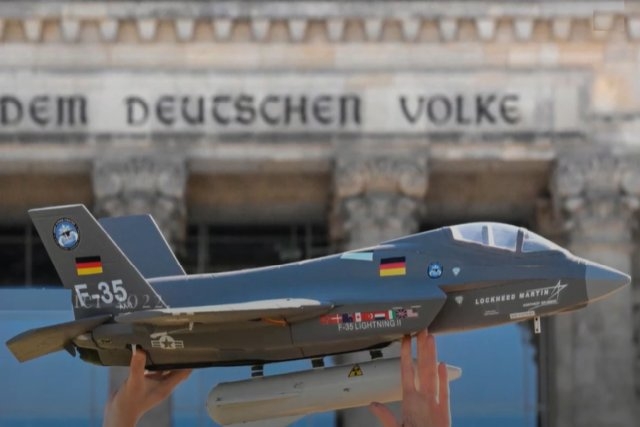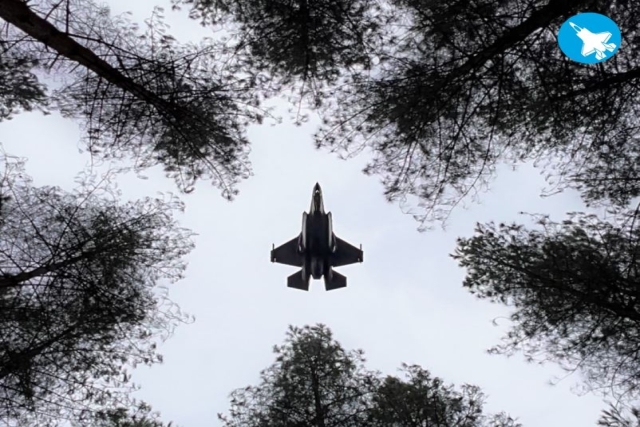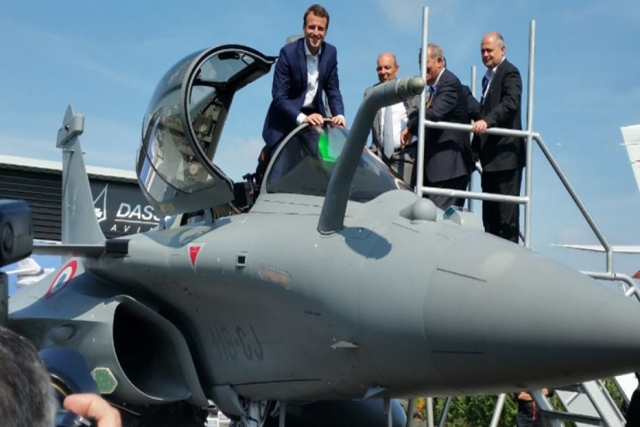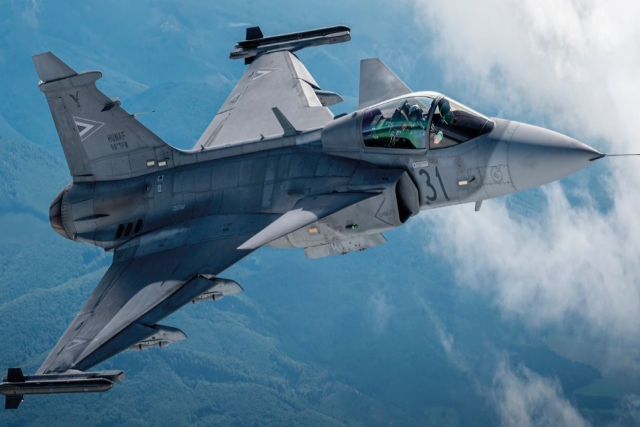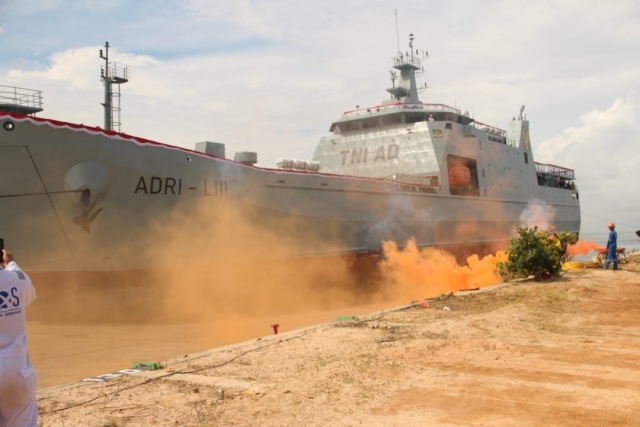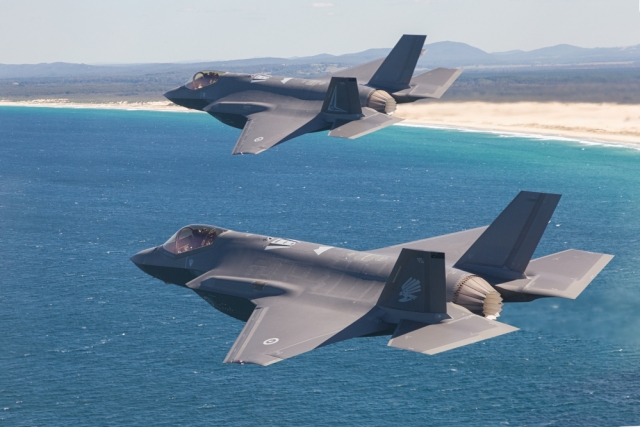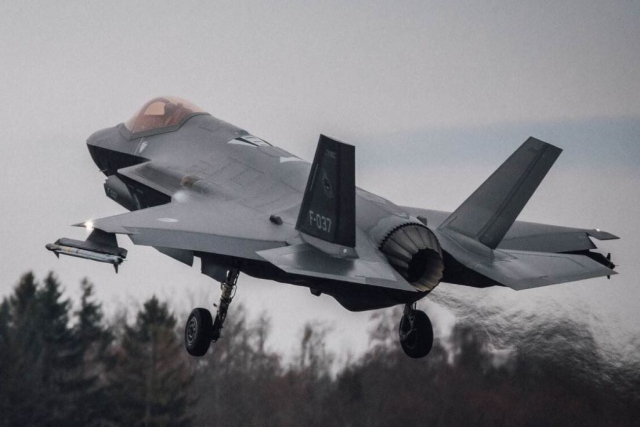No 'Kill Switch' but Third-Party Parts Dependency Could Limit F-35 Use: Ex-RAF Commander
Current concerns regarding F-35 good reason to extend the life of Eurofighter Typhoon: Retired Air Marshal Greg Bagwell
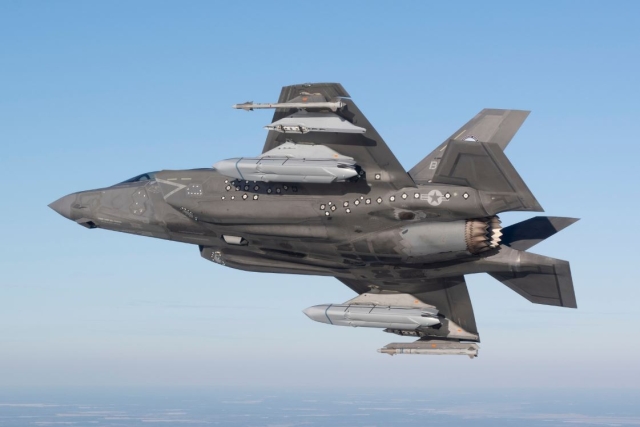
Retired British Air Marshal Greg Bagwell has shot down fears of a U.S. "kill switch" disabling allied F-35 jets but cautioned that heavy reliance on American suppliers could slowly erode their combat readiness.
Some nations have reportedly reconsidered their participation in the F-35 program, fearing that diplomatic tensions with the U.S. might lead to Washington restricting access to critical software updates or spare parts. However, Bagwell clarified that there is no mechanism allowing the U.S. to instantly shut down allied-operated F-35s.
"There is no switch sat under the president's desk, or under the president of Lockheed Martin's for that matter, that can flick and suddenly all our aircraft just shut down. That really isn't the case," he was quoted as saying by BFBS Forces News.
Portugal halted its F-35 plans due to concerns over U.S. policy unpredictability, while Canada is reviewing its F-35 procurement despite initial payments. Germany, previously linked to concerns over the rumored U.S. 'kill switch,' and later confirmed its F-35 purchase, with deliveries expected between 2027 and 2028.
Bagwell noted, however, that supply chain dependencies remain a concern. "If any one particular country decided to either go slow or even stop providing certain aspects, whether that be software updates or spares, then in theory you can kill it slowly," he explained.
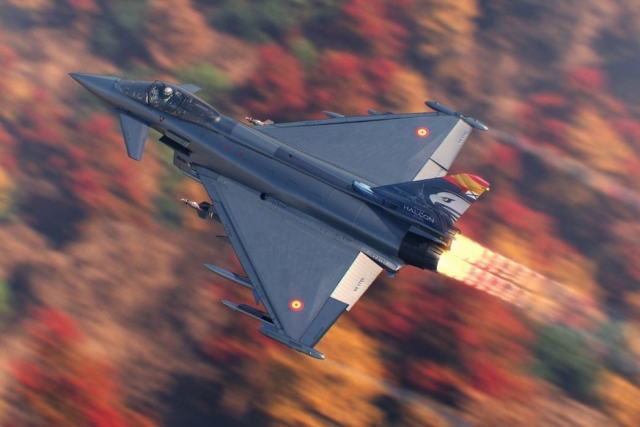
He also highlighted the broader challenge of reducing reliance on U.S. defense equipment. "The idea that you suddenly sever ties with one particular supplier is just not going to happen," he said, adding that many European defense systems already involve U.S. components.
As a potential alternative, Bagwell suggested extending the operational life of the Eurofighter Typhoon. He described the latest Tranche 4 variant as a highly capable aircraft, though it lacks the stealth features of the F-35. "It's got the legs and the performance that the F-35 doesn't and can already carry our most modern weapons, whereas the F-35 can't," he said.
He also pointed out the economic benefits of investing in European-built aircraft. "Buying in Europe and the U.K. brings money back into the country, keeps the workforce going, and ultimately supports the Tempest program," he said, referring to the U.K.'s next-generation fighter development project.
French President Emmanuel Macron recently advocated for replacing American military systems with European-made options. Dassault Aviation is promoting its Rafale fighter jet as an alternative for countries reconsidering their F-35A purchases, including Portugal and Canada, according to CEO Eric Trappier. While Portugal has not formally approached France, Dassault expects discussions in the coming months. Trappier emphasized the Rafale’s interoperability within NATO, aligning with France’s broader push for European defense alternatives.
